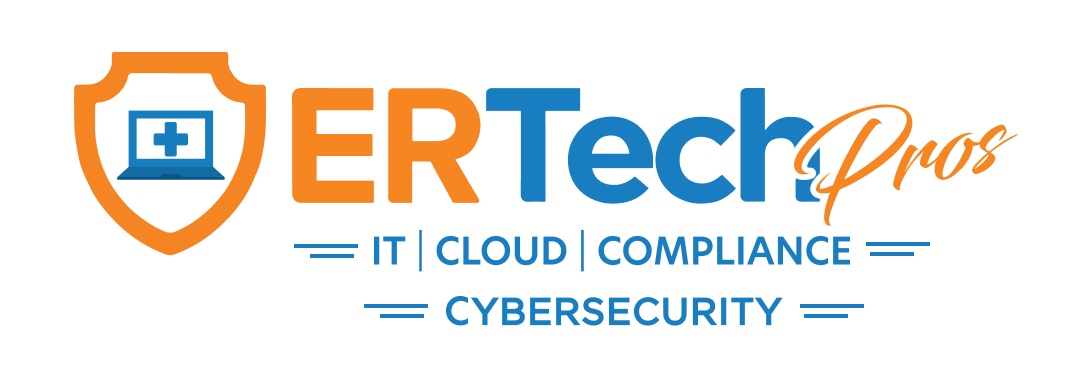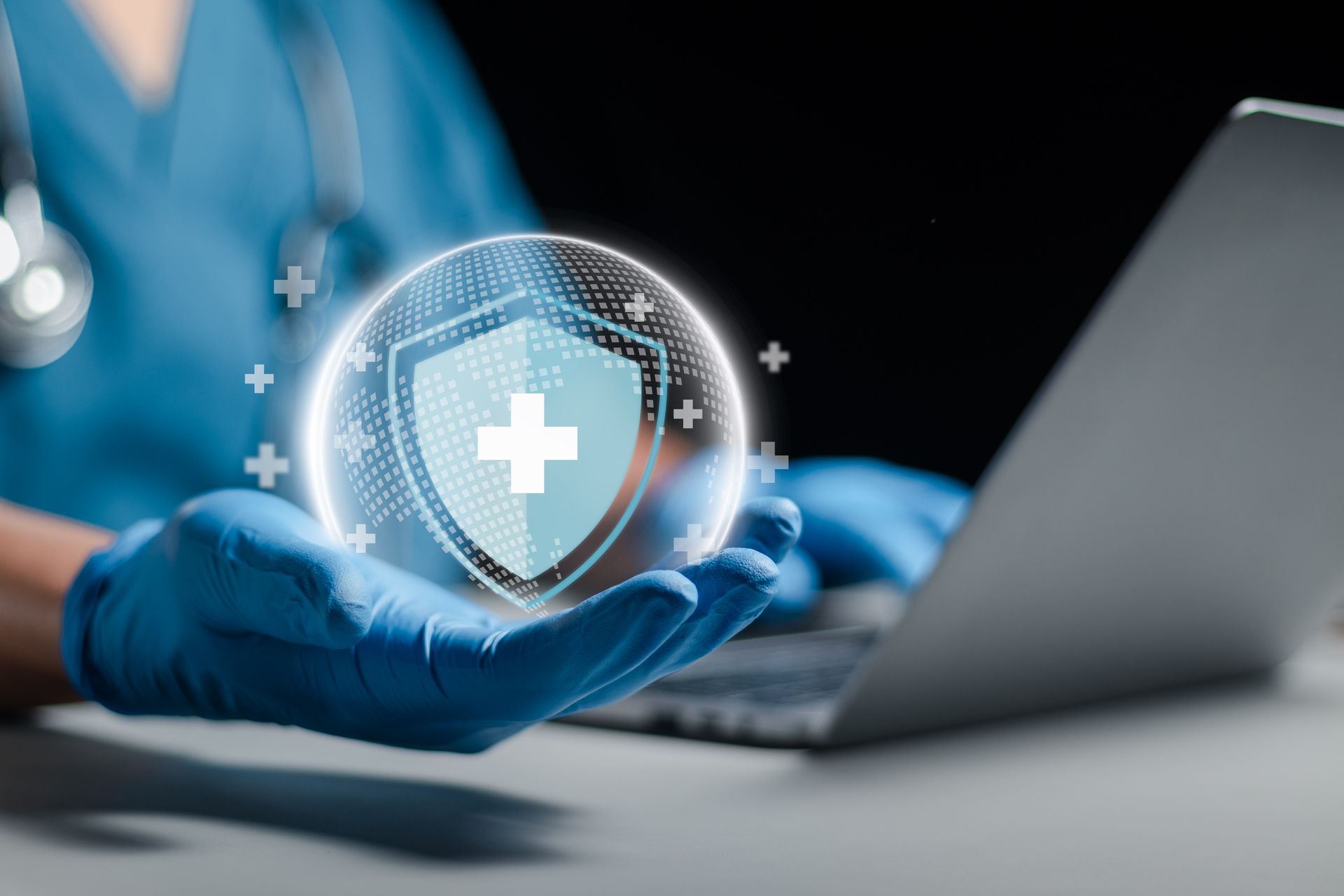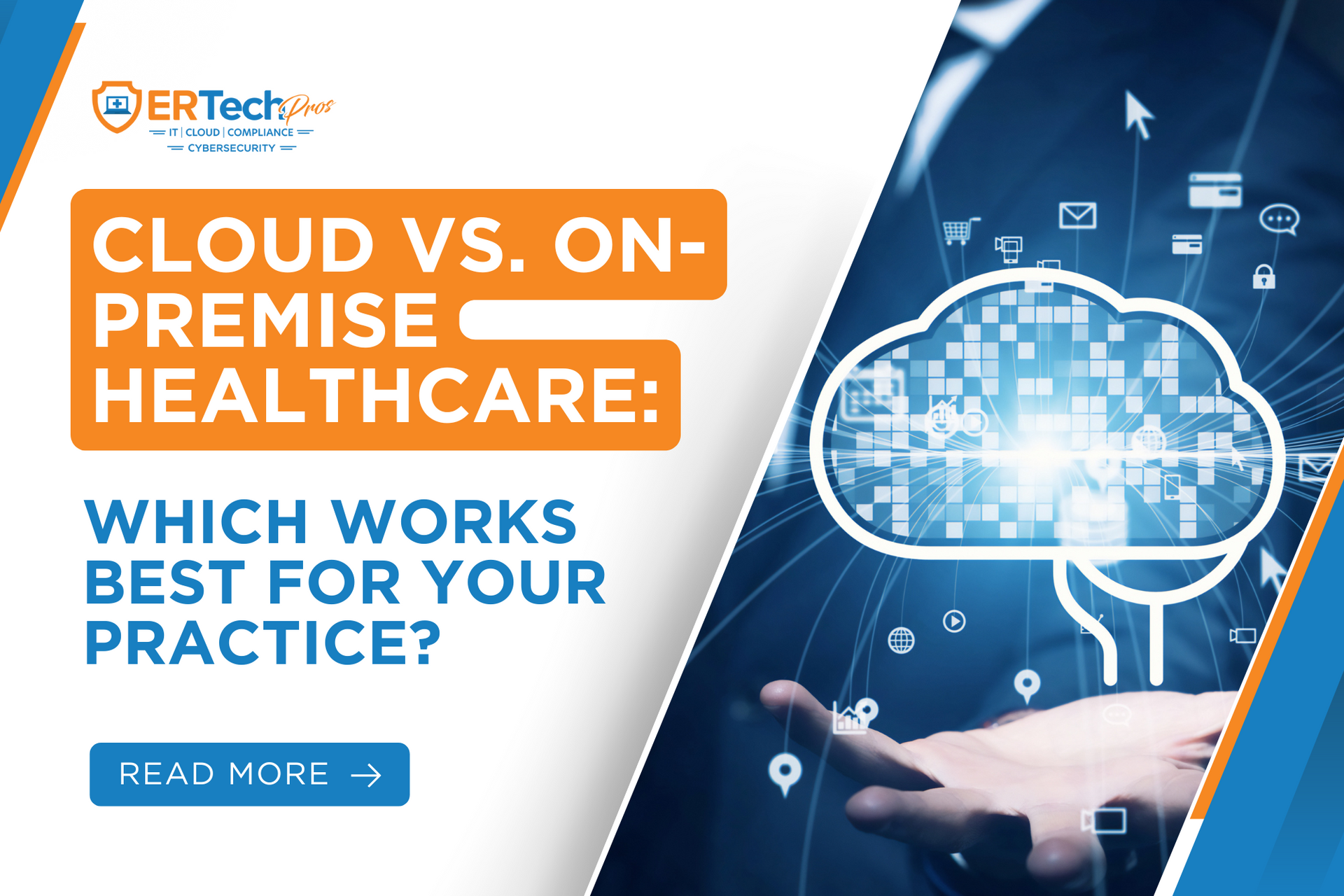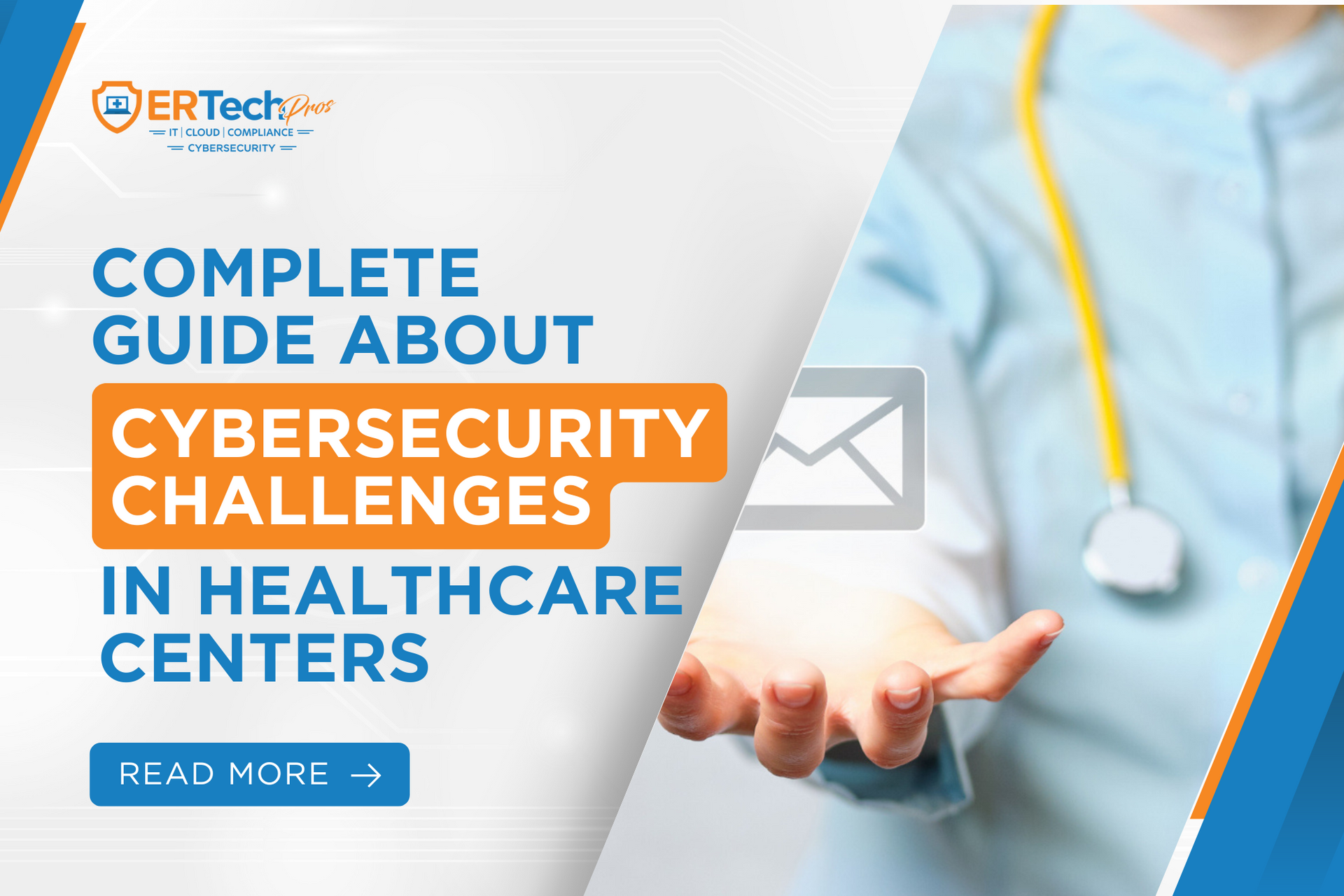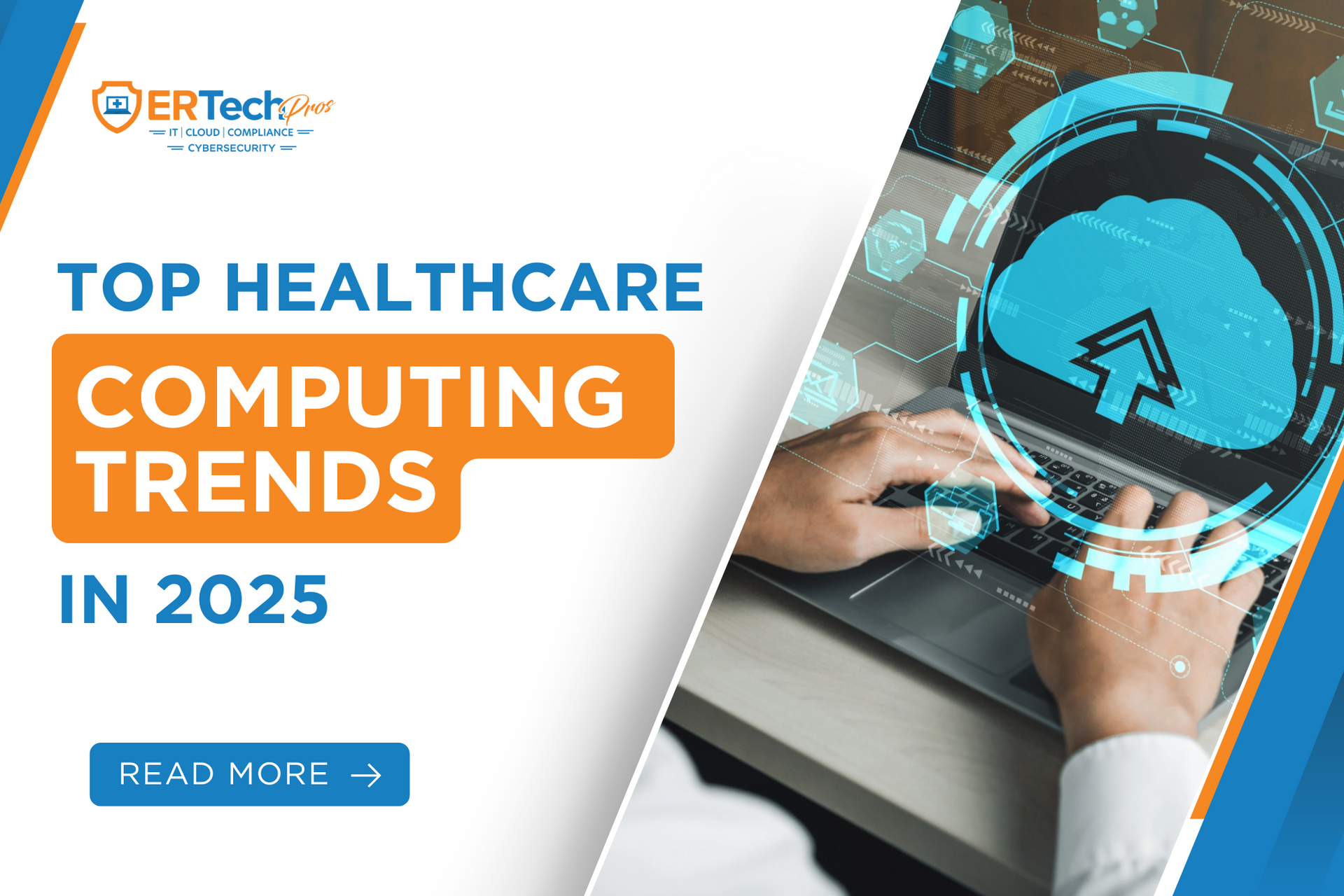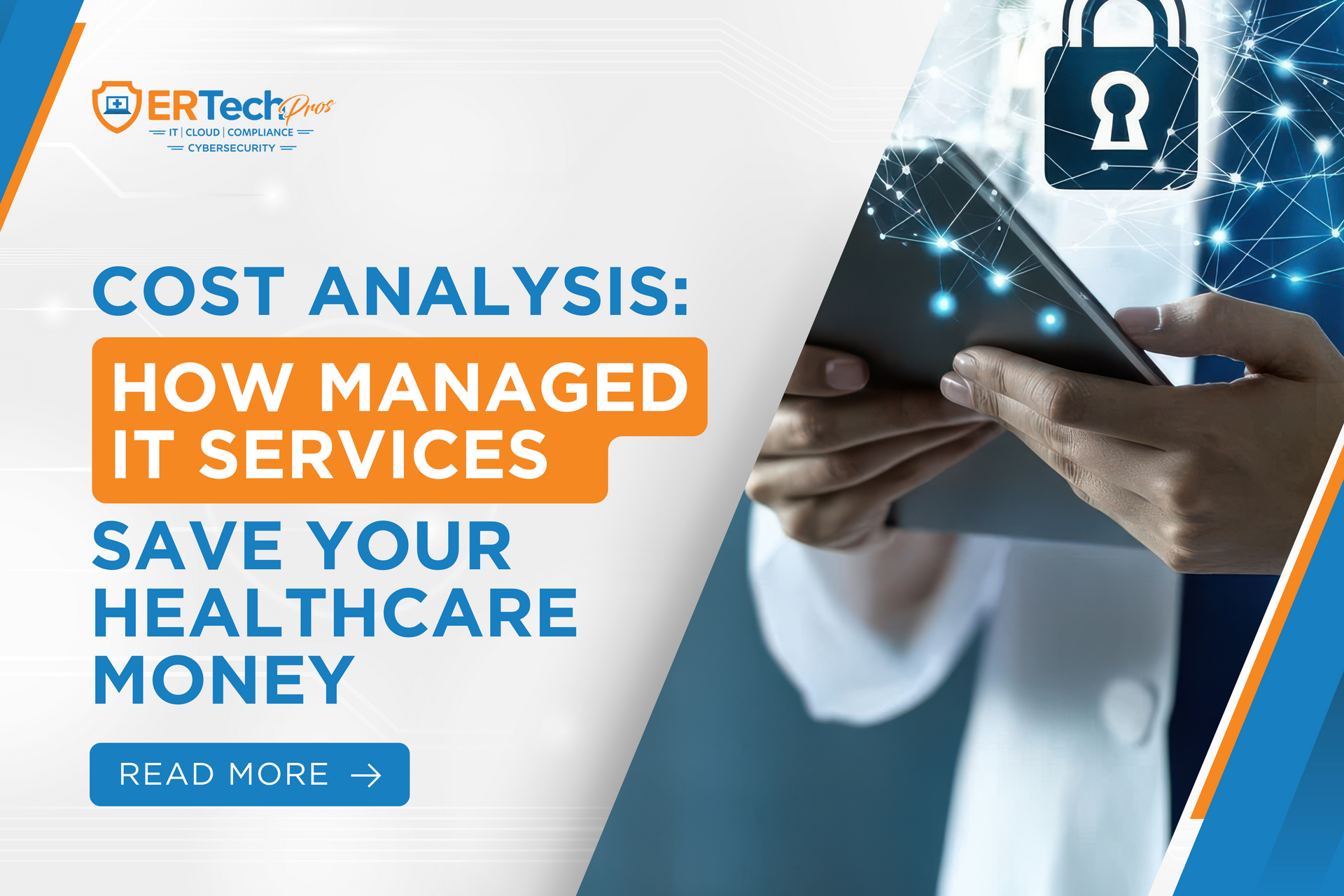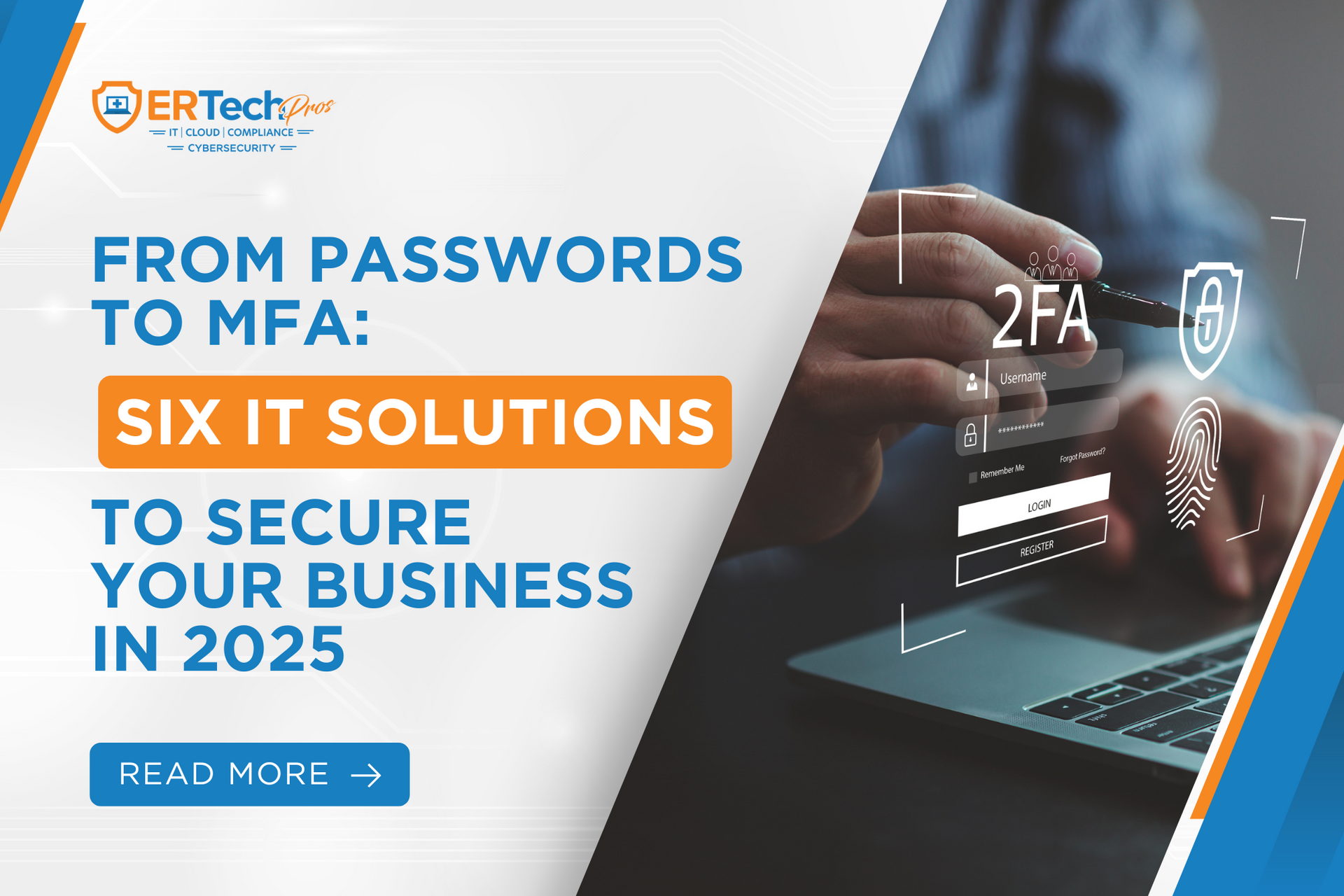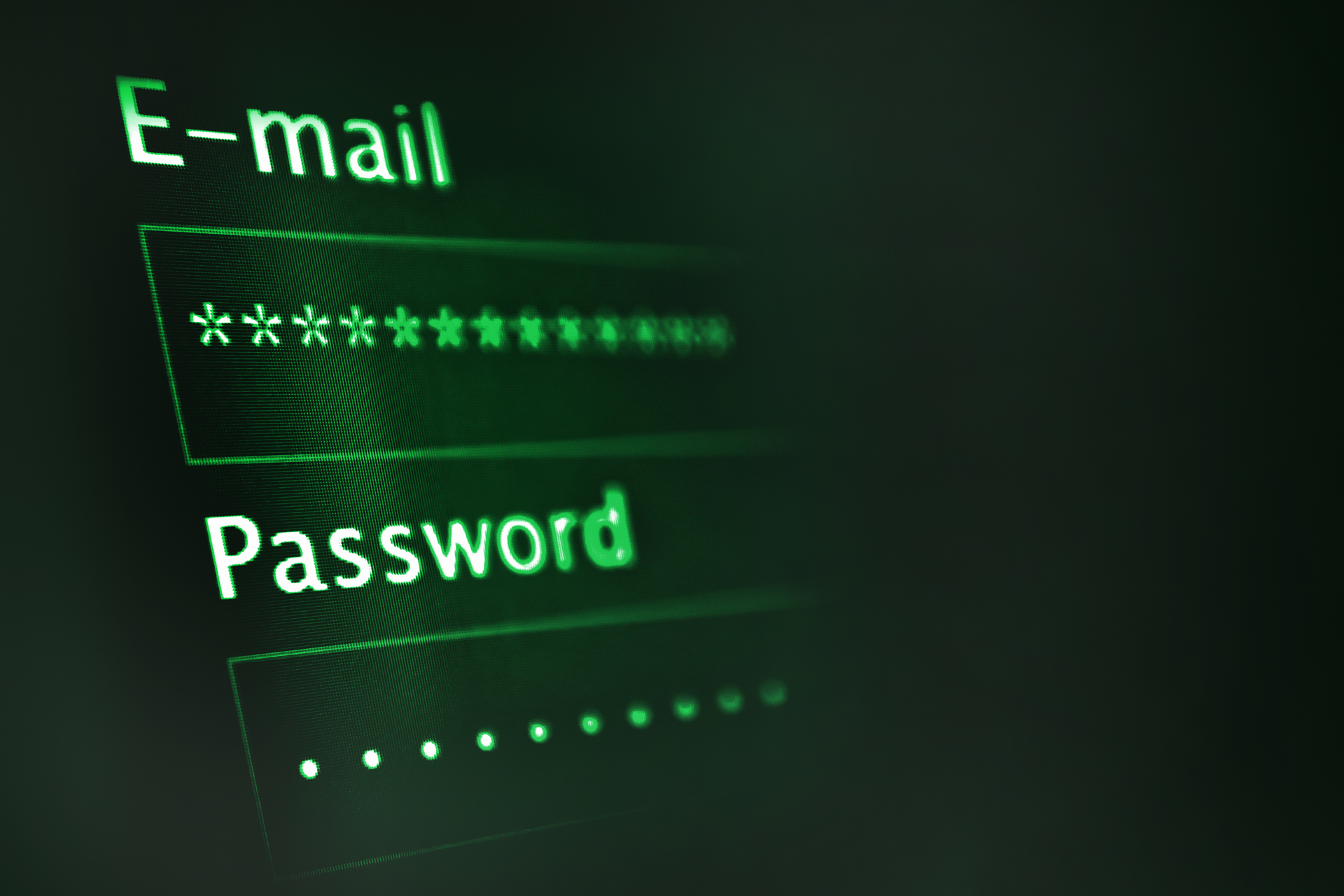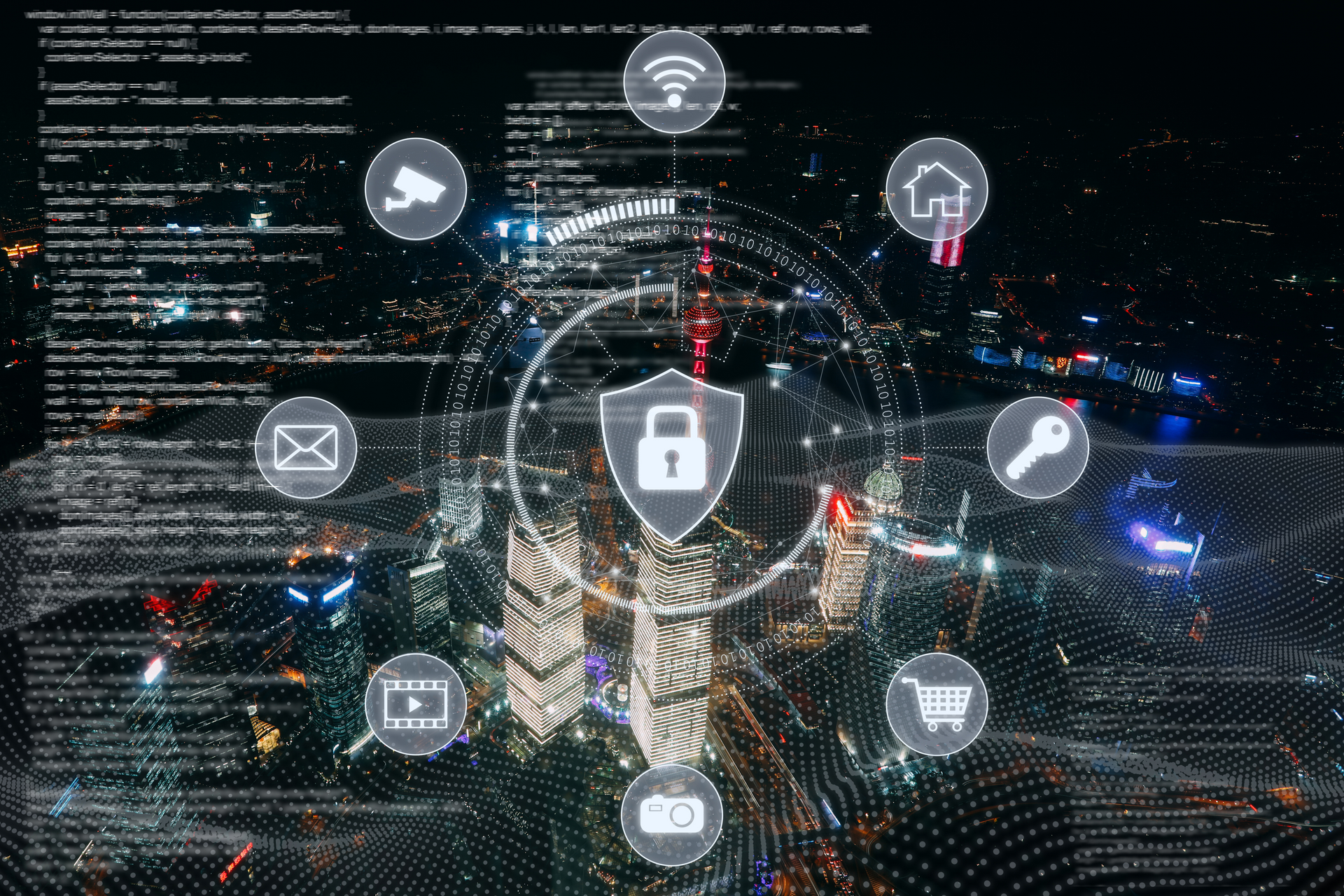Why Is Healthcare a Prime Target for Cyberattacks?
Cybercriminals are not only after bank accounts; they want healthcare data. But why is the healthcare sector such a hot target? That’s because:
- Health records are goldmines: On the dark web,
stolen medical data is worth more than credit card info—it can be used for identity theft, insurance fraud, or buying prescription drugs illegally.
- Hackers love targeting outdated tech: Many healthcare facilities still rely on legacy systems or outdated software that lack modern cybersecurity defenses, which makes them easier targets for hackers.
Common Cyber Threats in Healthcare
In The Art of War, Sun Tzu says to
know your enemy. The same principle applies to fighting cybercrime, so let’s get to know the
types of attacks healthcare organizations face and how to defend against them:
- Ransomware Attacks: Hackers lock healthcare systems until a ransom is paid, forcing providers to halt services or pay up.
- Phishing Scams: Scammers send fake emails to trick staff into revealing passwords or clicking malicious links.
- Data Breaches: Cybercriminals exploit weak security measures to steal patient information, from medical histories to social security numbers.
Cyberattacks happen every day, and the consequences can be severe for both providers and patients. Consider the recent breach at Elite Plastic Surgery in Healthcare:
In January 2025, the
Hand & Plastic Surgery Centre, also known as Elite Plastic Surgery, detected unauthorized access to its computer network. Investigators confirmed that an unknown party may have viewed or stolen sensitive data belonging to nearly 20,000 patients. The compromised information included names, birth dates, social security numbers, and health insurance details.
The Consequences of Poor Cybersecurity in Healthcare
Besides being a tech problem, a cyberattack is a people problem. Its effects extend far beyond broken systems, impacting patients and healthcare providers.
For Patients
When a patient’s medical data security is compromised, the personal and financial consequences can be devastating.
- Identity Theft: Cybercriminals can use stolen medical records to file fraudulent insurance claims or open lines of credit in the victim’s name.
- Medical Fraud: Hackers can alter health records, leading to incorrect diagnoses or unauthorized prescriptions.
- Compromised Care: Ransomware attacks in healthcare can cause system outages, which may delay vital treatments or restrict medication access.
- Privacy Violations: Leaking sensitive health information, like mental health or HIV status, violates a patient’s privacy.
- Financial Loss: Victims may face unexpected medical bills or pay legal fees to restore their stolen identities.
For Healthcare Providers
The damage to healthcare organizations goes beyond lost data. It hurts their reputation, finances, and operations.
- Fines and Lawsuits: HIPAA violations due to data breaches can result in
fines ranging from $141 to $2,134,831 for each category.
- Reputation Damage: Patients lose trust when their data is compromised, leading to canceled appointments and lost partnerships.
- Operational Disruptions: Ransomware attacks can shut down EHR systems, forcing providers to cancel procedures or revert to paper records.
- Financial Impact: Recovery involves ransom payments, IT repair costs, and revenue loss from halted operations.
- Regulatory Scrutiny: Repeated breaches can trigger government investigations, adding legal pressure and public scrutiny.
Key Cybersecurity Strategies for Protecting Patient Data
Protecting patient data requires more than one solution. It’s all about having smart, multi-layered approaches. Healthcare providers today should consider the following strategies so information stays secure at every level:
Multi-Factor Authentication (MFA)
Passwords alone aren’t enough. MFA adds an extra security step, like a text code or fingerprint scan, to prevent unauthorized access to EHRs and sensitive data.
Data Encryption
If patient data gets intercepted, encryption makes it unreadable to hackers without a decryption key, like locking your data in a digital safe.
Regular Software Updates
Outdated systems are easy pickings for hackers. Regular updates patch security holes and protect against known vulnerabilities.
Employee Training
In a way, your team is your first line of defense. Educating staff on spotting phishing emails and suspicious activity reduces human error (a major cause of data breaches).
Backup and Recovery Plans
Ransomware can shut you out of critical systems. Secure, off-site backups mean you can restore data quickly without paying a ransom.
Building a
strong cybersecurity plan doesn’t have to be complicated, but it does need to cover all the essentials so you always stay prepared for any potential attacks.
Future Trends in Healthcare Cybersecurity
Fortunately, technology is constantly moving forward, giving us more options to secure our data. Here’s a quick look at what’s on the horizon:
AI-Powered Threat Detection
Artificial intelligence is getting better and faster at identifying suspicious activity and blocking attacks.
Zero Trust Security Models
The “never trust, always verify” approach means no user or device is to be trusted automatically. Multi-factor authentication helps prove that a user or device has permission to view certain data depending on their access level.
Medical Device Security
With more connected devices (like smart monitors and infusion pumps), securing the
Internet of Medical Things (IoMT) will become a top priority.
Behavioral Biometrics
Instead of just using passwords, security systems will also check how you type, move your mouse, or even speak to confirm your identity.
Cloud Security Innovations
As healthcare moves more data to the cloud, new encryption methods and secure cloud frameworks will help lock down patient information.
With these trends in mind, choosing the
right cybersecurity solution is more important than ever. Always make sure you have:
✔ Real-time threat monitoring to catch attacks before they spread
✔ Data encryption for both stored and transmitted patient information
✔ Multi-factor authentication (MFA) for secure access
✔ HIPAA compliance support to keep your practice audit-ready
✔ Disaster recovery plans to minimize downtime if a breach occurs
Your Patients Trust You. Trust Us to Protect Them.
ER Tech Pros delivers round-the-clock cybersecurity built specifically for healthcare environments.
You've seen the threats. You understand the stakes. But knowing what to do is only half the battle. The other half? Having the right team by your side.
Trust ER Tech Pros to provide you with the right
healthcare cybersecurity solution. With us as your partner, you get proactive protection, ever-evolving safeguards, and the peace of mind that your data and patients are secure.
Comprehensive Security Assessments
Prevention is always better than cure, so we identify and reinforce weak spots in your network. From outdated software to risky access points, we implement preventive security measures to keep threats at bay.
Firewall Protection and Threat Monitoring
Cybercrime never sleeps, and neither do we. Our advanced firewalls block unauthorized access, and real-time threat monitoring ensures that any suspicious activity is caught and neutralized before it becomes a crisis.
HIPAA Compliance and Audit Support
Staying HIPAA-compliant can feel overwhelming. We help healthcare providers navigate the regulations, ensuring your cybersecurity practices meet the strictest standards so you’re always audit-ready.
Rapid Response and Recovery
Cyberattacks don’t have to be devastating. ER Tech Pros has helped healthcare clients detect threats early and recover quickly, minimizing downtime and protecting patient data and provider reputations.
The field of cybersecurity keeps on advancing, and so should healthcare providers. When your patients trust you with their health, you need a cybersecurity solutions provider that actively protects that trust.
Ready to take the first step? Schedule your complimentary cybersecurity consultation today.
Secure Your Systems. Secure Your Future



